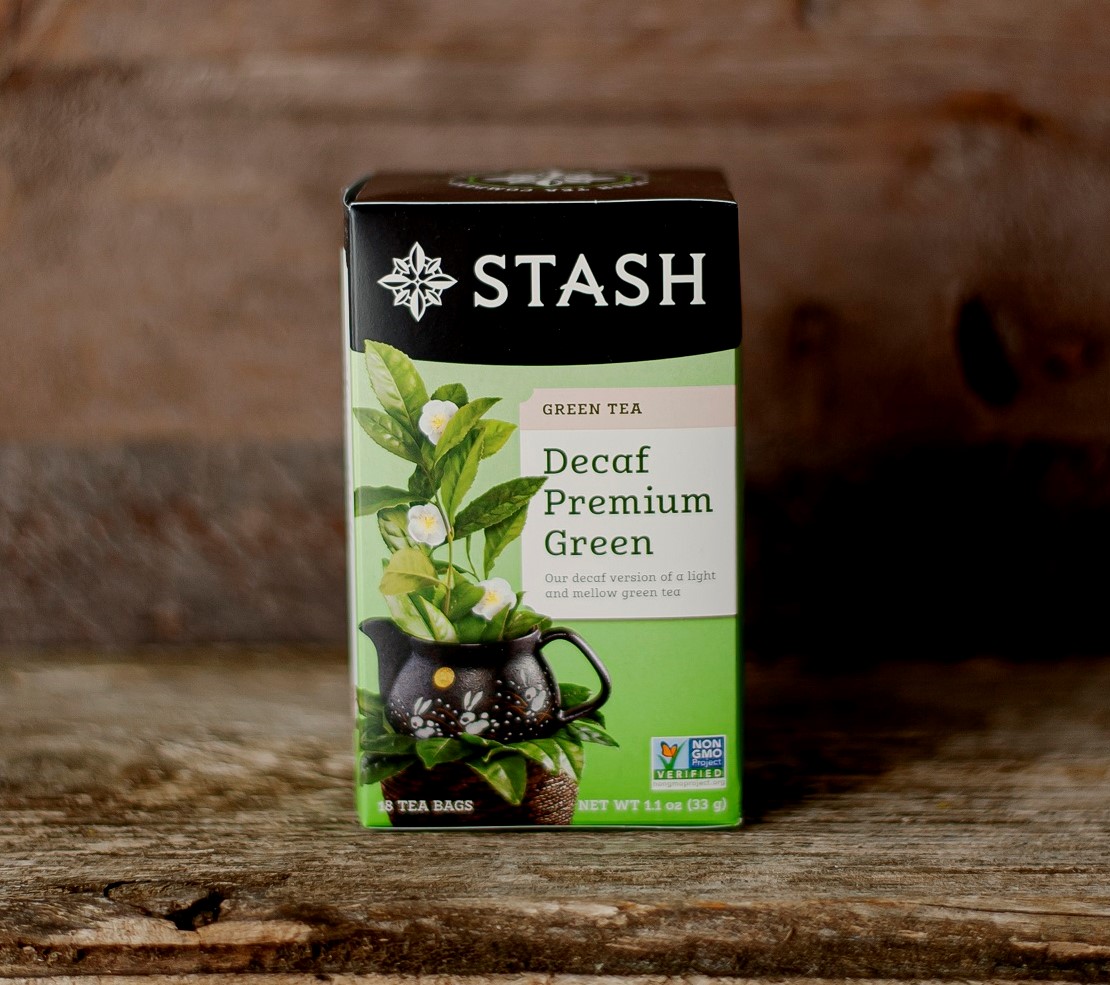


How you brew your tea affects how caffeinated it is. Researchers in this study found little correlation between tea type and caffeine based on a sample of 20 different teas. This is because all tea comes from the same plant. The truth is, all types of tea have the roughly same amount of caffeine. Some claim that there is more caffeine in black tea, or more in green tea, or white tea. Can You Control Caffeine in Tea? Yes, but how might surprise you. You can drink more tea per day and get about half the caffeine in the same amount of coffee without a big crash. If you're looking to cut down on your daily caffeine intake, drinking tea instead of coffee is a great way to go. So, coffee has a short, intense burst of energy, while tea has a gradual, longer-lasting energy. The average cup of tea has about half as much caffeine as the average cup of coffee. A 10-12oz cup of tea typically has 14-61 mg of caffeine, while coffee can contain 80-100mg per 8 oz serving. Also, tea doesn't produce the jitters or crash that coffee is famous for. This slower absorption is what creates tea's gradual energizing effect. The energy you get from tea leads to greater focus and performance for longer while reducing anxiety and levels of the stress hormone cortisol.

This is due to the unique combination of L-theanine and caffeine in tea. L-theanine slows the absorption of caffeine into the bloodstream. Tea provides more sustainable energy than coffee. On its own, caffeine provides a short burst of energy, then a crash. Tea's energy is more complex because tea contains both caffeine and amino acid L-theanine. Tea Versus Coffee: Sustainable Energy or Quick Burst?Ĭoffee's energy comes from caffeine. But you may not know how caffeine in tea differs from other caffeine drinks, such as coffee, soda, and energy drinks. More than 85% of adults in the United States drink at least one caffeinated beverage a day. Caffeine molecule necklace by Molecule Store


 0 kommentar(er)
0 kommentar(er)
